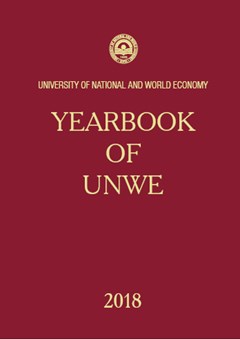Common Secular Humanity Ethics or Let the Robots Come: the Misery of Humans
Author: George Chobanov
Abstract
Industry 4.0 creating a total digital robotisation of human society is the fourth and last phase of the Industrial Revolution that started with the European Renaissance around three centures ago. It brought about essential social and economic changes taking mankind to its next developmental stage usually referred to as Post Industrial Society. Post Industrial Society was henceforth to be determined by its institutional framework, formal rules and behavioral norms based on the relevant value system. This society was concerned with new economic and social entities called humanoids who were basically further developed robots.
Robots were to replace humans in almost all social economic activities. Whole economic branches and sectors were to be reduced to cyber systems. The banking system was automated and accordingly transformed into a smart system for banking transactions, much resembling a large bank mat.
The Fourth Industrial Revolution supposedly had dramatic social consequences for human society increasing both productivity and unemployment. Higher productivity allowed for the introduction of basic income for all members of society. Unemployment precipitated the development of new economic branches such as leisure and entertainment.
This study attempts to develop a value system for a Post-Industrial Society introducing an ethics system common for both humans and humanoids.
JEL: E02, K24, O43

